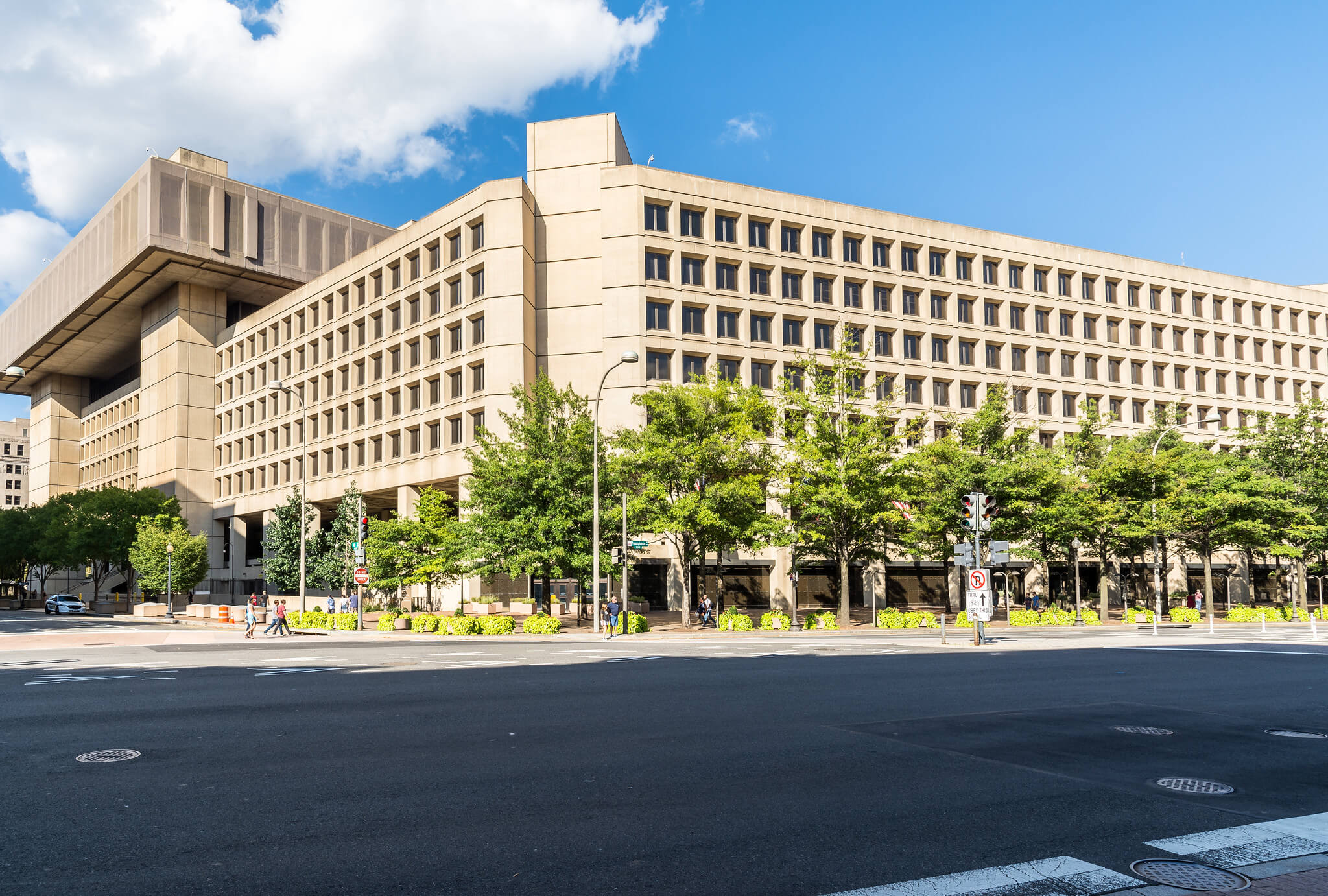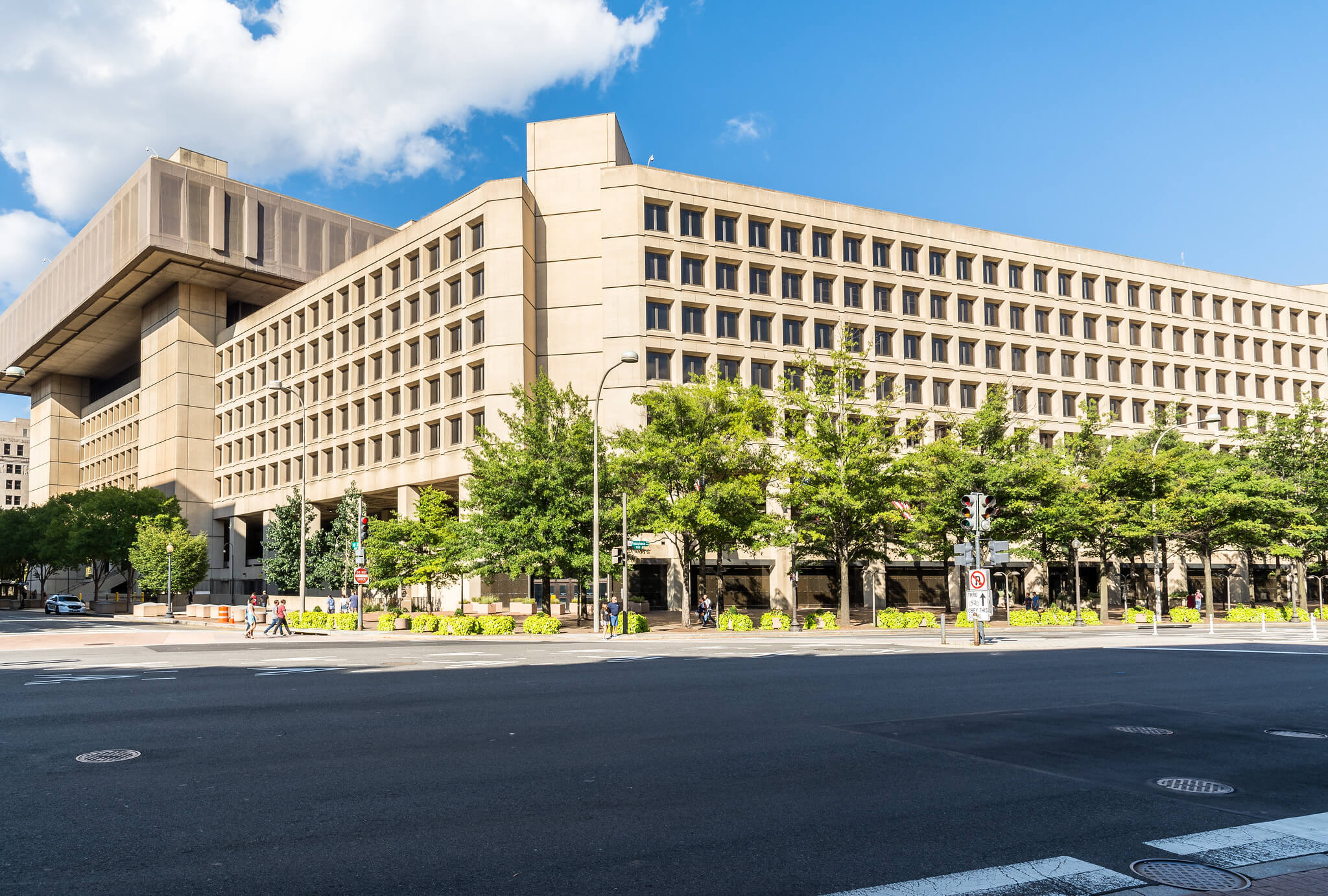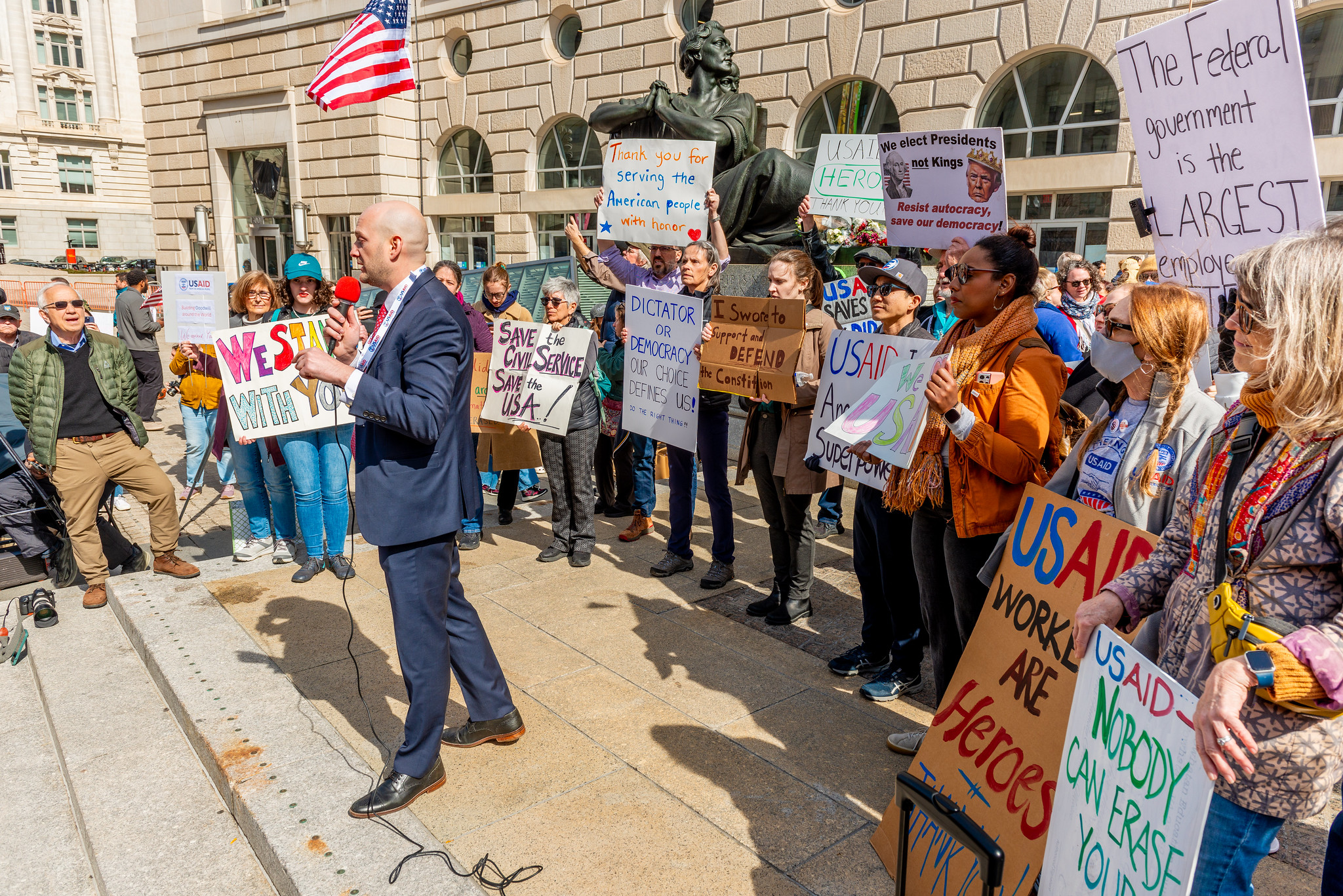-

The Lawfare Podcast: How the Police Became Untouchable
Last month's brutal murder of Tyre Nichols by Memphis police has once again sparked a national conversation about the causes of and remedies for persistent police misconduct and abuse. -

The Lawfare Podcast: How the Police Became Untouchable
-

TechTank: Reclaiming Local News in the Age of the Internet
The latest episode of TechTank. -

TechTank: Reclaiming Local News in the Age of the Internet
The latest episode of TechTank. -

The Cyberlaw Podcast: Who Needs Hackers When You Have Balloons?
The latest episode of the Cyberlaw Podcast. -

The Cyberlaw Podcast: Who Needs Hackers When You Have Balloons?
The latest episode of the Cyberlaw Podcast. -

The National Security Law Podcast: This Episode Was (Not) Written by ChatGPT
-

A Cyber Persistence Way to Countermeasures
Some states have made strides in interpreting sovereignty in a way that aligns with key features of the cyber strategic environment. This momentum should be leveraged to encourage reinterpretations of no... -

The New Israeli Government’s ‘Constitutional Law Reforms’: Why now? What do they mean? And what will happen next?
With the swearing in of Israel’s new government, Israel’s legal system is facing proposals for sweeping reform that would change fundamental aspects of the courts’ ability to check and balance the Knesse... -

Senate Foreign Relations Committee Releases Report on Enhancing Transparency on International Agreements and Nonbinding Instruments
The report details the committee’s efforts to update the Case-Zablocki Act of 1972. -

Senate Foreign Relations Committee Releases Report on Enhancing Transparency on International Agreements and Nonbinding Instruments
The report details the committee’s efforts to update the Case-Zablocki Act of 1972.</ -

A Cyber Persistence Way to Countermeasures
-

The Week That Will Be
-

The Lawfare Podcast: How Cyber Criminals Can Exploit ChatGPT
-

McBurney Orders Partial Release of Fulton County Special Purpose Grand Jury’s Final Report
McBurney ordered that three parts of the report—the introduction, conclusion, and Section VIII—may be published. -

McBurney Orders Partial Release of Fulton County Special Purpose Grand Jury’s Final Report
McBurney ordered that three parts of the report—the introduction, conclusion, and Section VI -

The U.S. Government Should Try Harder to Minimize Costs of China Defensive Measures
The U.S. government’s proliferating defensive measures aimed at protecting sensitive technology, particularly screening of foreign investments, are actually counterproductive to its goal of staying ahead... -

Getting to Ground Truth on the Reach of Domestic Violent Extremist Groups Into the Military, Veteran, and Law Enforcement Communities
A new report details how domestic violent extremist groups target members of the military and law enforcement. -

Contextualizing the Nigerian Government’s Forced Abortion Program
The unprecedented campaign is a test of the Biden administration's commitment to addressing conflict-related sexual violence. -

The Week That Was: All of Lawfare in One Post
Your weekly summary of everything on the site.
More Articles
-

Don’t Use Shutdown Plans to Slash the Federal Workforce
The administration’s misguided attempt to lay off employees who aren’t excepted from shutdowns. -

Outside America, Musk's X is a Foreign Influence Threat
The latest edition of the Seriously Risky Business cybersecurity newsletter, now on Lawfare. -

Lawfare Daily: A World Without Caesars
Does the way a social media platform is built influence how users use it?



.jpg?sfvrsn=7d6f651f_3)











